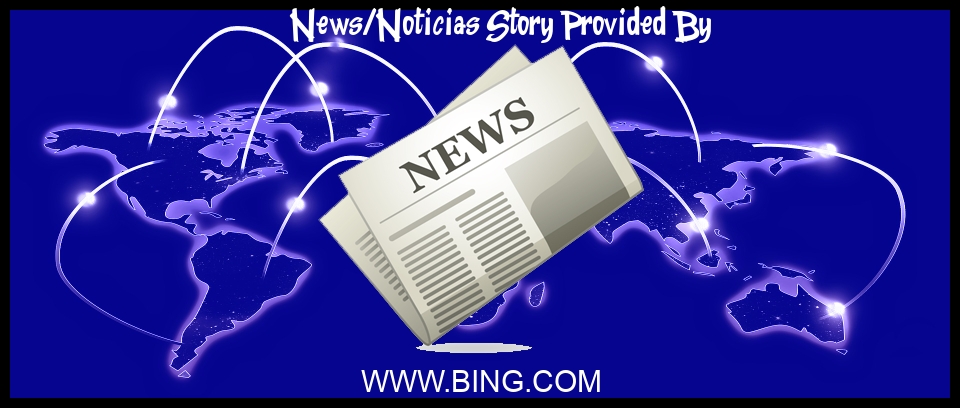Consumer News Researchers Announce A New Treatment For Pediatric Cancer
Search Related Content
Sorry, Your Requested Page Was Not Found. Greetings! We apologize for the inconvenience, but the page, Consumer News Researchers Announce A New Treatment For Pediatric Cancer is no longer available. Please use our search box below to find related content and browse the list of related news stories. Depending on the topic, news articles are deleted 3-18 months after their creation date. We prefer to keep content fresh and current, rather than holding onto outdated news. Thanks for visiting today.Search RobinsPost News & Noticias
Childhood cancer catalog opens door to pediatric immunotherapy
A unique facility in Melbourne containing hundreds of childhood cancer tissue samples has produced a first-of-its-kind catalog of pediatric cancers to help identify how the immune system can target ... Read More
Governor DeWine announces $5M for pediatric cancer research
Gov. Mike DeWine was at Nationwide Children’s Hospital Thursday afternoon to announce a new $5 million state investment into childhood cancer research at five different medical institutes across ... Read More
Pediatric cancer treatments are saving kids' lives, but more research funding is needed to improve them, report says

Advanced therapies have helped boost the 5-year survival rates for some cancers above 90%. But many other forms remain difficult to treat, and 'there aren't many good drugs.' ... Read More
Cleveland Clinic to receive nearly $1.5M from state for pediatric cancer research
$5 million statewide investment in multiple pediatric cancer research studies aimed at improving the detection and treatment of cancer in children. Read More
House unanimously passes bill to speed pediatric cancer treatments, bringing hope to families
The Mikaela Naylon Give Kids a Chance Act now heads to the Senate, aiming to fast-track treatments and give children with cancer more options. Read More
Ohio budget includes $5M to help fund pediatric cancer research
Five Ohio institutions researching pediatric cancer will get $5 million in state funds to help with their work, from the budget that was signed this summer. Read More
DeWine announces $5 million grant to Ohio hospitals for pediatric cancer research
The investment, established as part of the fiscal year 2026-2027 state biennial budget, will go toward multiple pediatric cancer research studies. Read More
Governor Ron DeSantis and First Lady Casey DeSantis announce cancer incubator awards

JACKSONVILLE, Fla. —Today, Governor Ron DeSantis and First Lady Casey DeSantis announced that Florida has awarded $30 million in grant funding to four specialty children’s hospitals in Florida to ... Read More
Governor DeWine announces $5 Million for Pediatric Cancer Research
COLUMBUS — Ohio Governor Mike DeWine and Ohio Department of Children and Youth Director Kara Wente announced a $5 million statewide investment in multiple pediatric cancer research studies aimed at ... Read More
Blow Us A Whistle

Comments (Whistles) Designed By Disqus

